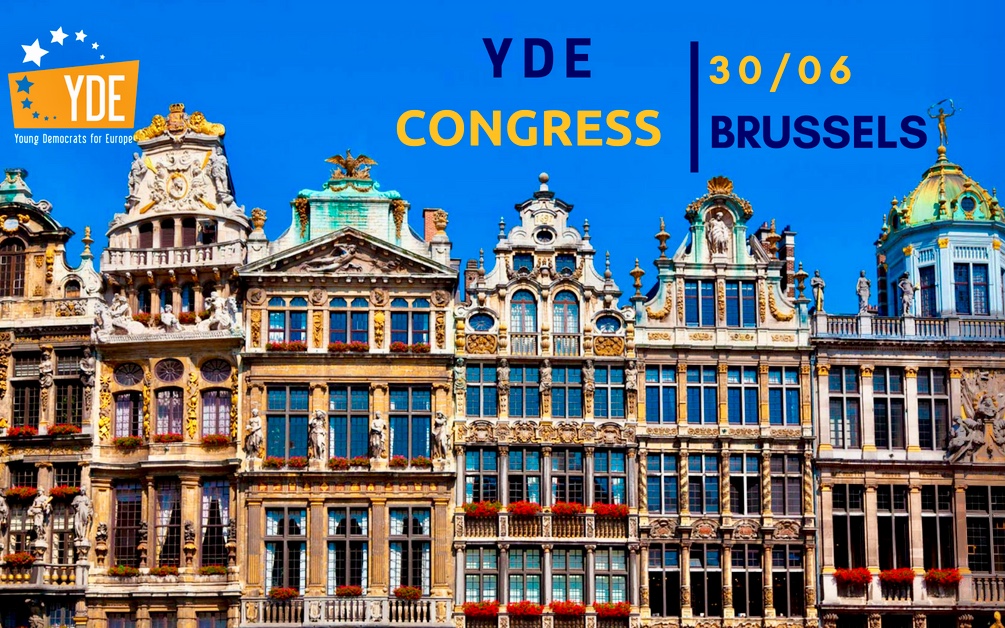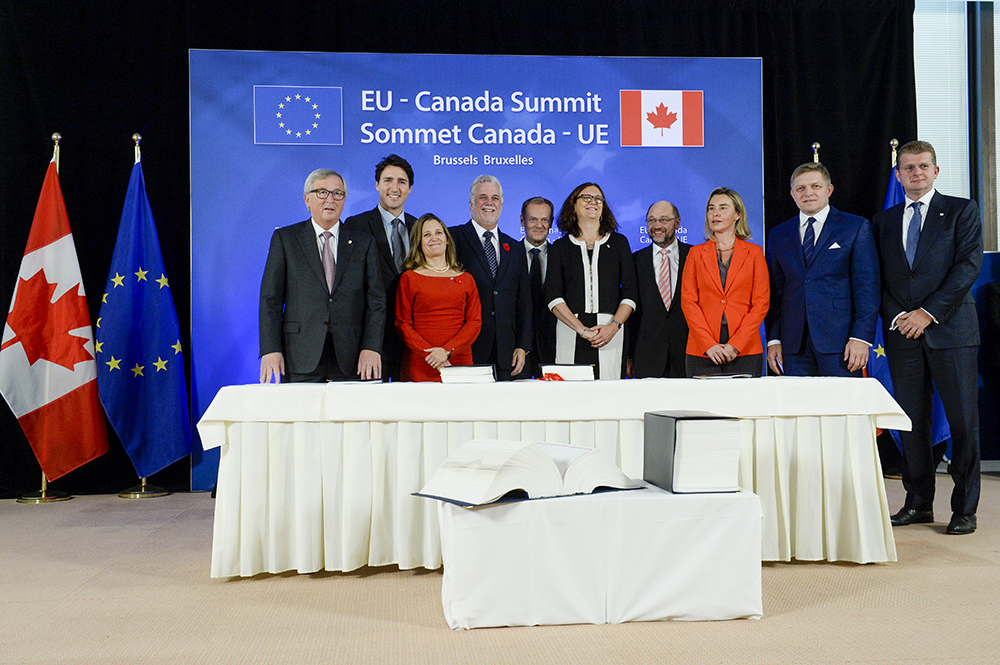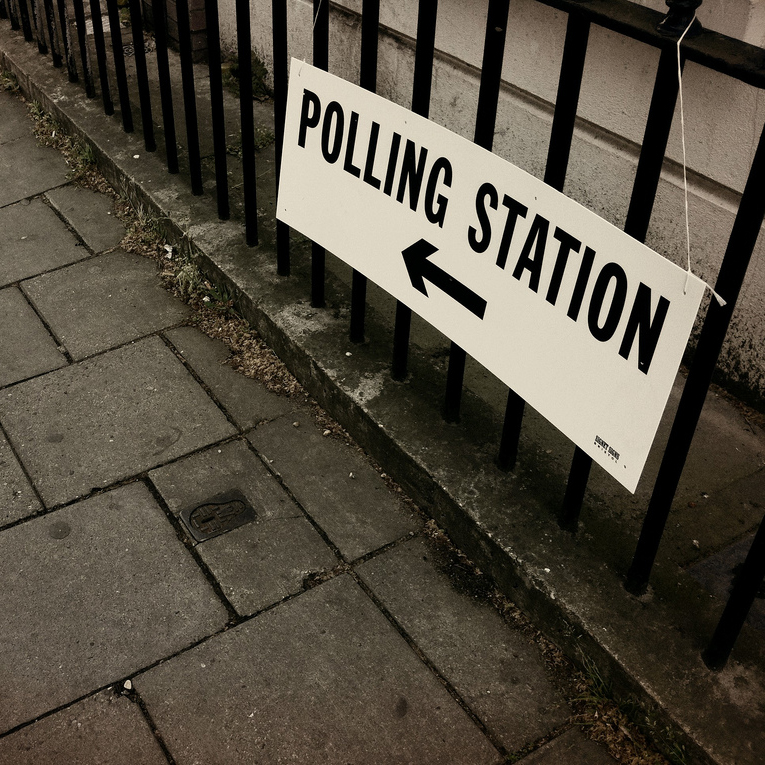Strengthening European values and shared identity through culture and education
We, Young Democrats for Europe, see growing populist movements and Euroscepticism as a threat to European values and democratic societies. We consider the best way to address those challenges is through Education and Culture to improve open mindedness and develop multicultural comprehension.
Strengthen European shared identity
Our modern European societies are the result of a common history and not the result of a sum of single national narratives, we feel it is necessary for young Europeans to become aware of this reality. And what places would be more appropriate than schools to ensure a historical transmission and a citizen awakening?
Inexpensive and symbolic, history textbooks co-constructed between European countries may be an appropriate response. Recognizing the specificities of each culture, this manual may develop a transnational perspective of the relations between countries in order to propose a common and enriched History to high school students who could then better understand each national vision.
Now in a context of renewed internal tensions on the continent and in the face of the emergence of populist political forces, it is more necessary than ever to carry out this project.
In line with school education, Europe Day must be a crucial moment in the education of young Europeans. We propose to make this Day special in European schools in particular with special events on European History and values.
Improve mobility across Europe
Geographic mobility rates within EU countries and between EU countries are around one percent, which is twice lower than mobility rates in the US, Canada or Australia.
We know however that geographical mobility can be a powerful tool to fight youth unemployment and reinforce the European cohesion. We should also notice that today young people moving to another EU countries are rather well-educated and come from wealthy origins, which are less likely to suffer from long unemployment periods. Our challenge is therefore to develop geographical mobility for all young Europeans.
In past decades, Europe launched several programs to ensure Young Europeans are able to get education or work experience abroad. Former Leonardo program, current Erasmus+ and Comenius actions managed to increase awareness on intra-European
mobility for a short period of time, and lowered barriers to move abroad to study or work. But more should be done.
We advocate for new initiatives to be launched Europe-wide. We aim first at increasing support from the Erasmus program to associations. Young Europeans are engaged in many associations to lead and carry out projects in different fields from sport to poverty mitigation. Those young leaders should benefit more from EU action to foster youth commitment across the continent.
Second, we would like to set a common framework for secondary school’s final exam in order to initiate convergence in Europe for access to higher education and professional education.
Third, we think time has come to launch a renewal of the so-called “European classes” initiated by public authorities. More Europeans should take part in such classes and spend a semester in another European country before they turn 18.
Build a common cultural policy for young people
Since 1992, culture is a European competence. It is therefore very important in the process of European construction: it makes it possible to think of it as a global project and not only as the addition of national perspectives. Art and culture have a prominent role to increase the sense of belonging to a community, and ensure social integration, economic development, equity and inclusion. That’s why it makes sense to promote it at the European scale.
It is necessary to make culture accessible for as many people as possible. For that, on one hand, it could be interesting to connect territories in which culture is not always accessible.
First, like the European capitals of culture in terms of selection, we could imagine traveling exhibitions from the largest European museums in medium-sized city areas that do not have internationally known museums and thus give a new impetus to the local artistic community.
In parallel, long-term partnerships can also be created between different urban areas and more rural ones, thus bringing internationally renowned artists to areas that would otherwise not have had access to that, and reciprocally publicizing works that would not have been otherwise. For this, an European impulse would be relevant.
On the other hand, we have to admit that Eurovision is currently the only time of the year when Europeans find themselves side by side around their television. That is why we could imagine the creation of a European media dedicated to youth, which would raise awareness of our common membership while showing the richness of the diversity of our different nations.
Finally, a third proposal could be the creation of a European “culture voucher” that could be distributed to 18-year-olds through a system of partnerships with different cultural institutes allowing them to access a cultural offer for free. This would promote access to cultural practices of various kinds for all young Europeans: opera, theater, but also cinema and concerts.
These three proposals are therefore intended to raise the European public’s awareness of culture, even outside large urban areas, and also to sensitize the youth to the awareness of the richness that exists within the European Union.




